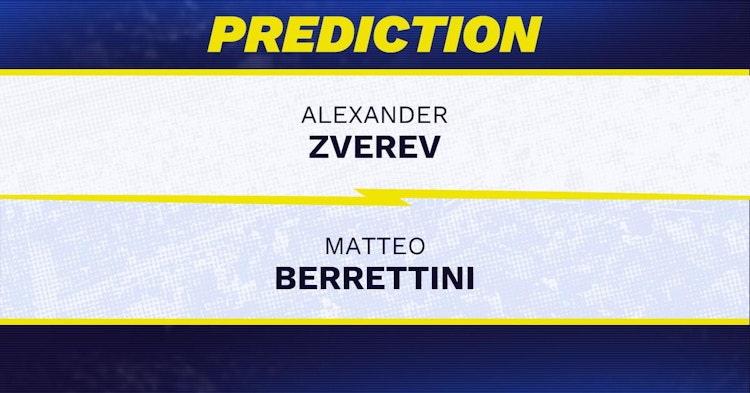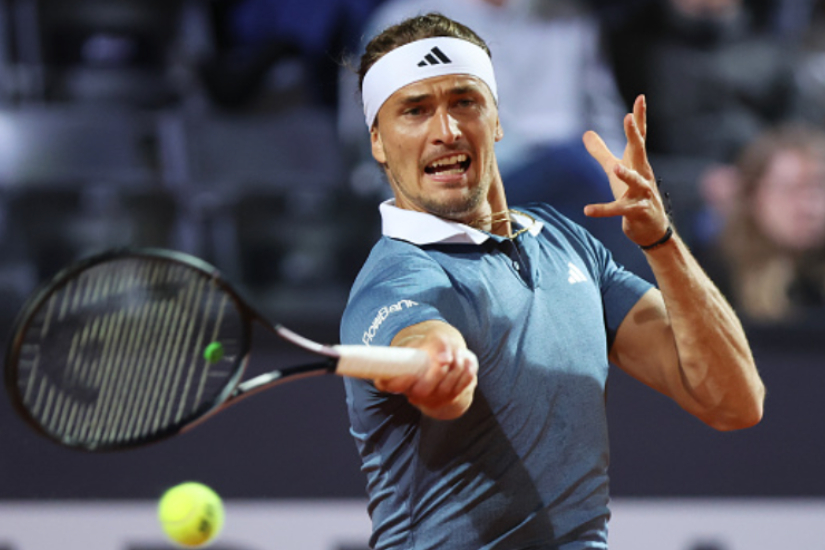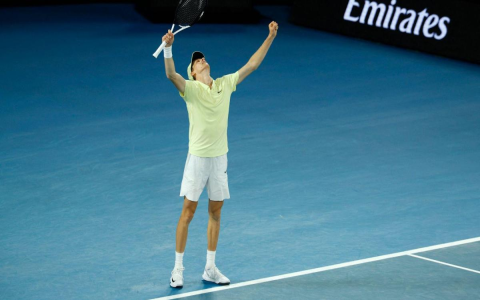Okay, let’s talk about how I got into trying to figure out Zverev’s matches, my little prediction project, you could say.

Getting Started
It wasn’t anything fancy, really. I just started watching more tennis, and Zverev caught my eye. You know, tall guy, big serve. Sometimes brilliant, sometimes looked like he left his game in the locker room. So, I thought, just for kicks, let me see if I can guess how his matches will go. It started pretty casually.
The Process – What I Actually Did
First thing, I made sure to actually watch his matches. Not just highlights, but the full thing when I could. You pick up on stuff that way. His body language, how he reacts after losing a big point, whether he’s getting frustrated with himself or the umpire. Sometimes you can just feel if he’s switched on or not.
Then, I started looking at the simple stuff. Nothing complicated, mind you. Just basic things like:
- Who’s he playing? Have they played before? What happened then?
- What surface is it? Clay, grass, hard court – he definitely plays different on each.
- Recent form. Did he win his last few matches? Did he struggle?
- Big tournament or small? Sometimes feels like he gets more fired up for the Slams.
I didn’t use any complex software or anything. Honestly, most times I just grabbed a notebook. Before a match, I’d jot down:
- Opponent
- Tournament/Surface
- My quick thoughts (like “Z looks tired” or “opponent struggles with big serves”)
- My prediction (Win or Lose, maybe the score if I felt bold)
Keeping track was key. After the match, I’d write down the actual result next to my prediction. Simple. This wasn’t about making money or being a stats guru, it was just about testing my own gut feeling and observation.

What Came Out Of It
Well, first off, I realized predicting tennis, especially Zverev, is tougher than it looks. He can be really unpredictable! Sometimes he’d look unbeatable and then lose to someone unexpected. Other times he’d scrape through matches he looked sure to lose.
My record? Let’s just say I wouldn’t quit my day job. I got some right, especially when he was clearly in form or clearly struggling. But there were plenty of surprises that left me scratching my head.
What I really got out of it was a better appreciation for the game. Paying close attention, even just for my little prediction notes, made watching more engaging. You start noticing the small tactical things, the mental battles. It wasn’t about being right all the time, but more about the process of observing, thinking, and then seeing what happens. It’s just a bit of fun, really, testing your own intuition against the chaos of pro sports.










